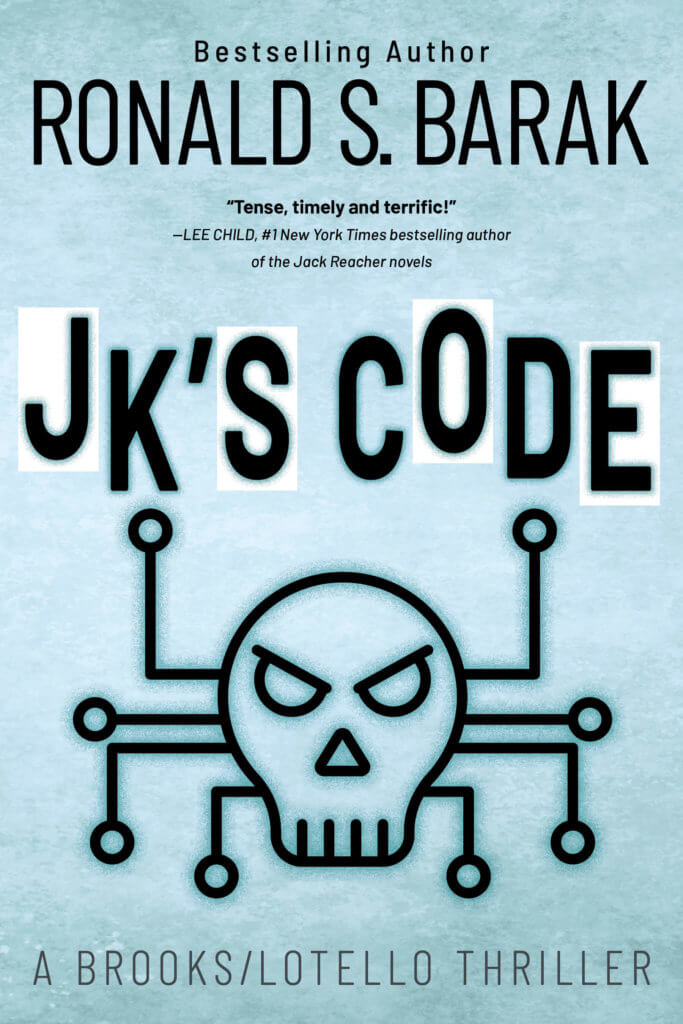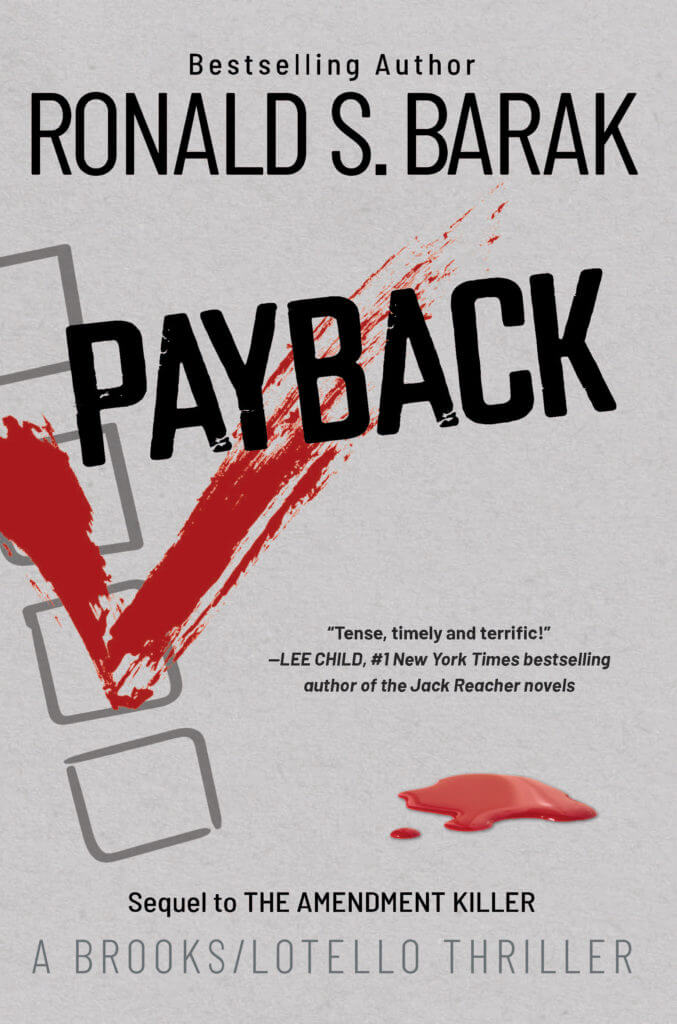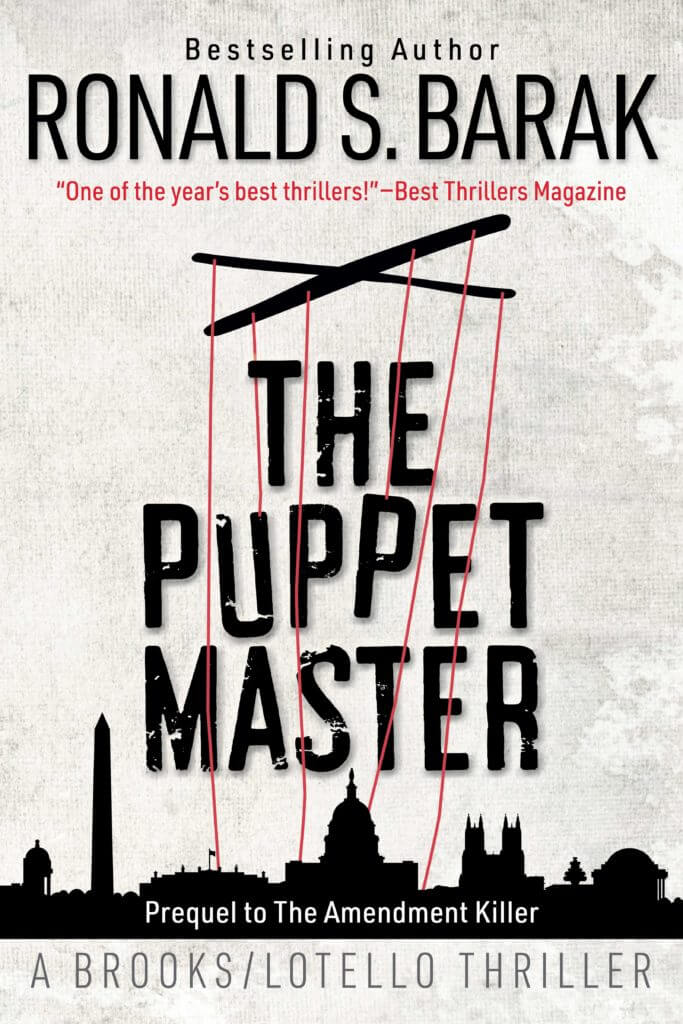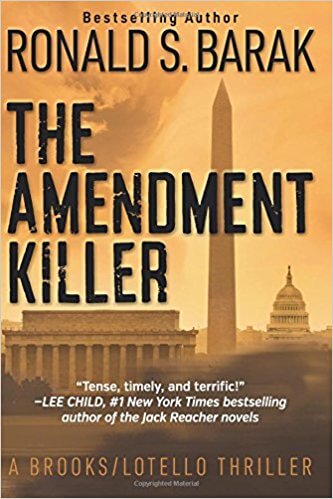 In April, 2015, in a lawsuit brought by two chimpanzees, a New York judge agreed with the chimps that all cognitively complex animals—including humans—are entitled to “their day in court.” No chumps these chimps. The court went on to grant their application for a writ of habeas corpus to hear their claims that they are being held against their wishes in housing unsuitable to them.
In April, 2015, in a lawsuit brought by two chimpanzees, a New York judge agreed with the chimps that all cognitively complex animals—including humans—are entitled to “their day in court.” No chumps these chimps. The court went on to grant their application for a writ of habeas corpus to hear their claims that they are being held against their wishes in housing unsuitable to them.
So what will happen next? Just what does it mean to be entitled to one’s day in court?
The phrase is generally understood to derive from the Constitutional notion of “due process,” that no person (or chimp) shall be deprived of life, liberty, property or any other right granted him (or it) upon a trial conducted in a judicial forum according to established rules assuring fundamental fairness and substantial justice, including the right to present competent evidence and to confront those who would bear testimony against him (or it).
Is this right “absolute,” at least to the same extent as all other rights “guaranteed” by our Constitution? Probably not.
In 1925, Congress adopted the Federal Arbitration Act, essentially providing that whenever interstate commerce is involved, agreements of parties to waive their day in court in favor of arbitration will be enforced so long as the arbitration process affords a right to have the dispute effectively resolved.
Therein lies the rub. Apparently “waive” requires far less than a “wave” of the hand, at least the one holding the pen. And your and my—and the Supreme Court’s—sense of “effectively” are not at all the same.
In a sleigh of the hand five to four decision authored by Justice Scalia—one of his last as it turns out—the Supreme Court decided that the “effectively” requirement means only theoretically effective and not actually effective.
What’s going on? There are two possible explanations.
One, our courts are crowded and their judicial processes are complex, slow, and expensive. Wouldn’t it be nice if there was an alternative mechanism that was faster, simpler and cheaper? Like arbitration, right? Well, be careful what you wish for—especially when there is no quality control involved in the selection of the arbitrator(s), there is virtually no right of appeal—even when the arbitration decision does not comply with applicable law—and notions of due process and fairness are often substantially ignored in arbitrations.
Two, the battle between big business that hates being sued and the legal profession that loves to sue has been won by—you guessed it—big business. Another example of the politicization of the Supreme Court, and five conservative justices who prevailed over four liberal justices.
Isn’t the answer simple? Just don’t waive/wave your right to your day in court. But what happens when your doctor won’t agree to treat you—or perform that life-saving surgery you need—unless and until you first sign an agreement to waive your right to sue for malpractice in favor of arbitration? And, to boot, in favor of an arbitration system that is underwritten by the medical community, and presumably knows who’s buttering its bread?
Statistics compiled by the advocacy group Public Citizen in 2007 demonstrate that credit card companies prevail in 94% of the arbitrations imposed in the fine print of their agreements. Do you think such provisions in any of the other industries compelling such arbitration is particularly less lopsided?
Ditto banks, lenders, insurance companies, phone companies, cable companies, rental car companies, retailers, and on and on. You know, all those fine print agreements with those boiler plate arbitration provisions. You’ve all signed them. Because what choice do you have?
Enter the legal doctrine of “unconscionable,” which provides that one sided agreements that you had no choice but to sign “as is,” take it or leave it, are legally unenforceable. So, when the surgeon won’t operate unless you first sign an agreement that says he can’t be held liable for his unintended negligence, courts regularly hold that such waivers are not enforceable.
Inexplicably, however, the Supreme Court doesn’t find an equally one sided waiver of your right to your day in court that you had no choice but to sign is “unconscionable.” To be sure, the explanation is not intellectual; it’s political.
But the winds they are a blowing. In the face of the Supreme Court’s longstanding indefensible position, and in an unusual bilateral moment, Congress passed a law in 2010 creating The Consumer Protection Bureau with authority to trump so called “waiver” agreements in all financial products, such as loan agreements, bank documents, credit card agreements, and the like. In a recent public statement made by the head of the Bureau, it appears that the Bureau is getting ready to outlaw unconscionable arbitration agreements in all such financial product instruments.
It remains to be seen whether, and when, this expected financial products correction will be extended to other areas. Until that happens, we’ll just have to recognize that we, and not the chimps, are the chumps—for allowing our political representatives to favor big business over we the people, as opposed to they the chimps, who you will note were also smart enough not to sign any waivers.
Join the discussion either by logging in just below or by signing into your favorite social media outlet. If you’re having trouble, please follow these instructions to guide you! Thanks!







